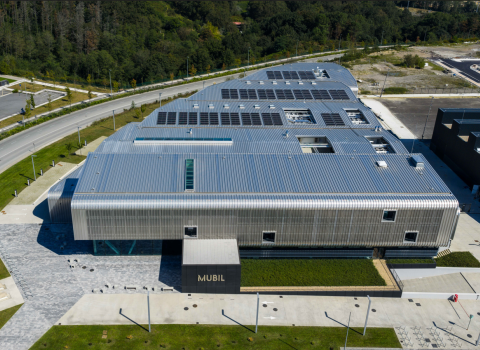In arriving at their position on FP9, the government consulted with a wide variety of stakeholders who are involved in EU research and innovation (R&I). The position is one complementary to the Norwegian Government’s position on Horizon2020 covered here.
Regarding the structure of FP9, the authors call for keeping the three pillars the same as in Horizon 2020 – programmes to support excellent science, industrial leadership and societal challenges - but with a better funding balance along the innovation pathway from early- to late-stage development. They state that this structure should seek better synergies with national research agendas, and joint programming initiatives (JPIs), to work together on areas of higher added value. They also suggest that such a structure should retain a high degree of flexibility in order to be able to adapt and better implement its goals.
Norway urges that FP9 continue the drive for interdisciplinarity and openness, adhering to the Commission’s three O’s: open innovation, open science and open to the world. It suggests that FP9 focus on more important priorities rather than spreading resources too thinly — thereby reducing the over-subscription that plagues Horizon2020. These priorities should be those with the highest European added-value and where there are clear market failures. It also recommends that FP9 finance some higher risk innovation, and adopt a more comprehensive definition of innovation. Norway wants to see a global pivot, stressing the need of FP9 to enhance international cooperation in order to address the global challenges affecting Europe.
From the text:
“The output of the global ocean economy is estimated at €1.3 trillion and this could more than double by 2030. FP9 should help in realizing this potential.”
“…We urge for more bottom-up opportunities also within collaborative research.”
“FP9 should fund mission oriented, breakthrough research and innovation and technology projects similar to the programmes of DARPA (Defense Advanced Research Projects Agency in the US).”
The full report is available here.





 A unique international forum for public research organisations and companies to connect their external engagement with strategic interests around their R&D system.
A unique international forum for public research organisations and companies to connect their external engagement with strategic interests around their R&D system.